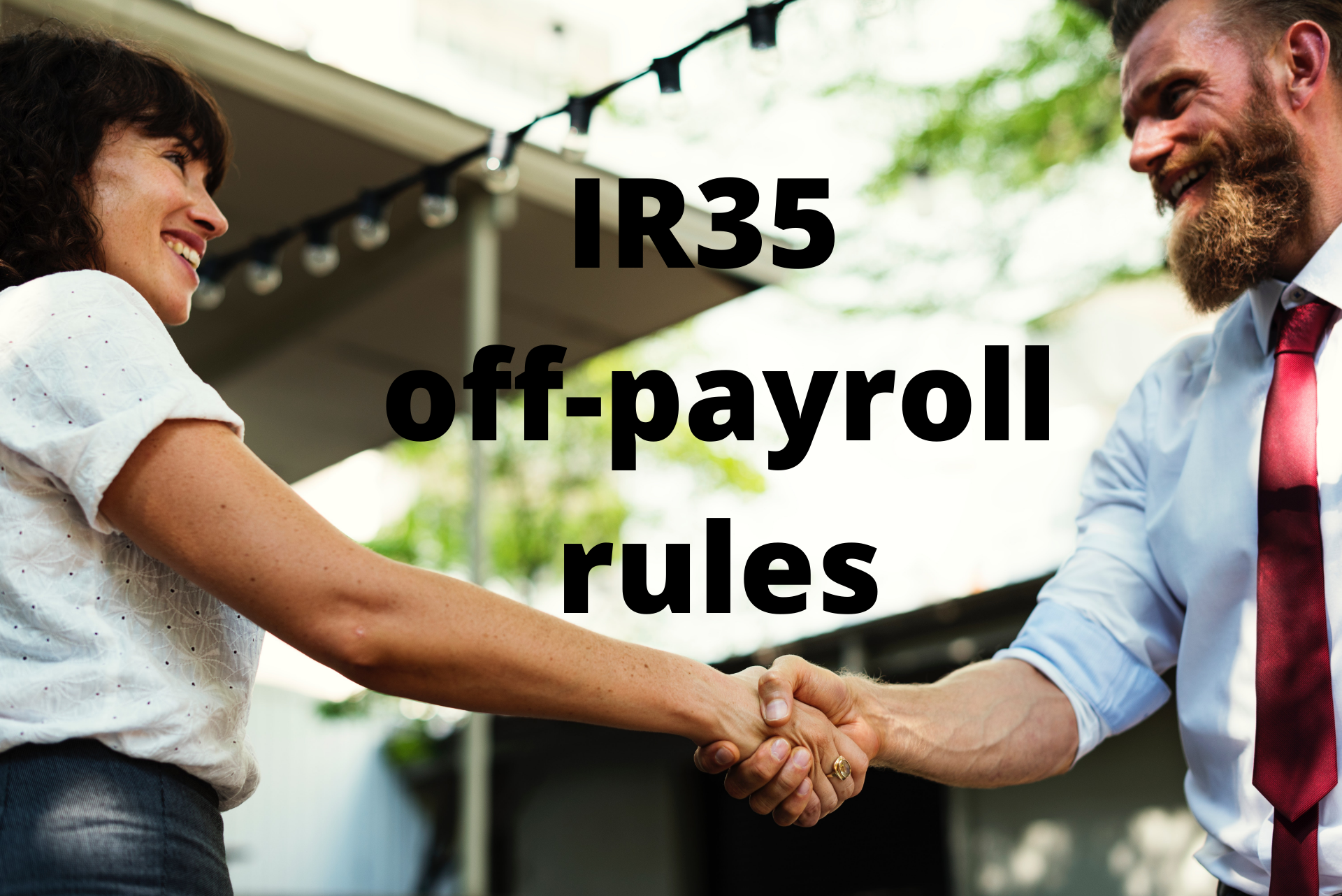We’ve put together a list of “the little things” that everybody needs to know regarding the changes to the IR35 off-payroll rules:
- Under the off-payroll rules a recruitment business is the “fee payer” as it is the party immediately above the contractor’s PSC which is the “intermediary”. The contractor is the “worker” and the client is, well “the client”.
- The changes to the off-payroll rules do not apply to clients which are “small companies”. Clients will have a legal obligation to clarify the size of their company in the context of whether they are a “small” company.
- Company size applies to clients, not to recruitment business fee payers. A “small” recruitment business/fee payer is still responsible for applying the off-payroll rules.
- Overseas clients with no UK presence will be excluded from having to consider the off-payroll rules. This means that the existing rules for private sector roles will continue to apply to roles where the client is wholly overseas. The intermediary/PSC will continue to determine the status of the worker.
- The client is responsible for issuing a “status determination statement (SDS)” which confirms the worker’s deemed employment status in a role. In off-payroll parlance, “inside scope” means the contractor is a “deemed employee” & “outside scope” means the contractor is “deemed self-employed”.
- CEST is HMRC’s on-line tool for determining deemed employment status but it has received criticism over its reliability.
- A deemed employee in an SDS must have their PAYE and NICs deducted at source by the fee payer. The fee payer is the one whom HMRC will pursue to recover any un-paid tax.
- The changes to the off-payroll rules will only apply to payments made to intermediaries after 6 April 2020.
- If the client doesn’t give the fee payer an SDS, the recruitment business doesn’t have to deduct PAYE & NICs. The Client will be the fee payer in the eyes of HRMC.
- A recruitment business and a worker can challenge the client’s determination in an SDS. There are no time limits in which you or the worker must contest it. The client has 45 days to respond to a challenged SDS but the original one will stay in place during that period & must be complied with.
- If the SDS determines that the worker is a deemed employee, the fee payer must calculate the “deemed direct payment“ which is the amount from which it deducts PAYE and employee’s NICs, & on which it accounts for employer’s NICs. The fee payer reports the Deemed Direct Payment to HMRC and pays the Intermediary after PAYE and NICs.
- The fee payer must not forget to factor in who is going to pay the employer’s NICs and the Apprenticeship Levy. The fee payer cannot recover or deduct them from the worker. That means there’s an immediate 13.8% that must come from somewhere other than the worker. Fee payers can’t use their own Employment Allowance against national insurance payments.
- The fee payer must decide whether to add off-payroll workers onto their existing payroll or open a new one with HMRC. It will need to obtain additional information from the worker like their National Insurance Number; and it will have to give the worker an end of year P60, and a P45 when they come off the fee payer’s payroll.
- Recruitment businesses can pass the burden of “Fee Earner” on to an Umbrella Company, to sit between them and the PSC.
- Fee earners will still need to deal with the VAT payment on the gross fees to the intermediary.
- If an SDS says the worker is inside of scope, and deductions must be made, the fee payer does not have to pay holiday pay, statutory payments, student loan repayments or auto-enrolment payments. The off-payroll working rules determinate employment status for tax, not employment status for rights.
- Agency Workers are different to intermediaries who are inside of scope. They are looked after by the Agency Worker Regulations, and they are entitled to holiday pay, sick pay etc.
- Pre April 2020 working and/or any change to a worker’s deemed employment status occurs as a result of the off-payroll rules and a client’s SDS, will not penalised by HMRC unless they suspect fraud.
- Fee payers, clients or workers won’t have to pay penalties to HMRC for inaccuracies during the first 12 months of the off-payroll rules unless they see evidence of deliberate non-compliance. This is being called a “soft landing”.
- If the off-payroll working rules apply, the CIS rules won’t.
- In the Public Sector in which the off-payroll rules already apply, nothing will change.
At Cognitive Law we have a team that specialise in providing the recruitment industry with legal advice. For more information on the services we provide recruitment companies please click here.
If you’d like to contact me directly please email me on lucy.tarrant@cognitivelaw.co.uk
